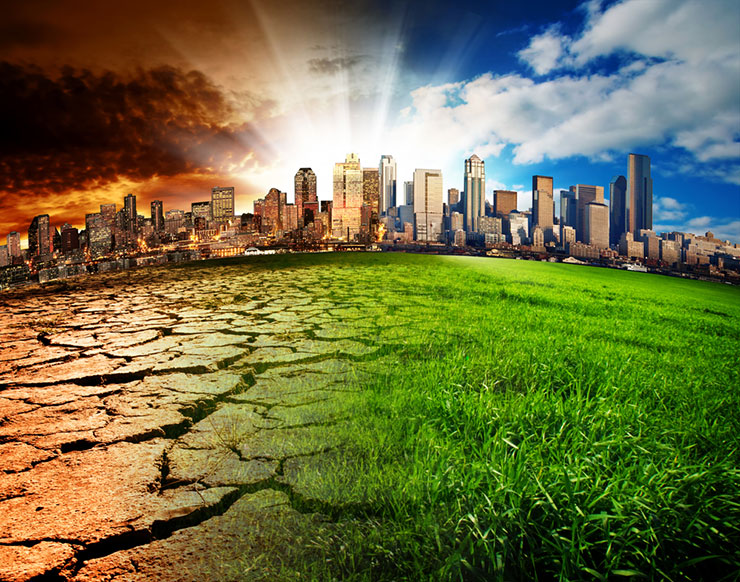The 2010s were the hottest decade on record. That recent finding from NASA and the National Oceanic and Atmospheric Association doesn’t surprise Dr. Rob Davies. He studies global environmental change and sustainable human systems.
When it comes to the latter, he says no aspect of our civilization is sustainable: not our food, energy or economy. But, the Utah State University physicist says that’s not only the bad news; it’s also the good news. Because while we are affecting our natural world in ways that exacerbate the climate crisis, those detrimental food, energy and economic systems won’t last forever, Davies said.
“So the question for humanity at the moment is not, ‘Should we change or should we not change?’ The question is, ‘Hard landing, or soft?”
In other words, if we take action now we can steer the way the world changes as the climate warms.
Davies headlines a sustainability series 5 p.m. Thursday at Center for the Arts. The series is hosted by Energy Conservation Works and its partners. ECW executive director Phil Cameron heard Davies speak at the Mountain Towns 2030 Conference last October in Park City, Utah. The gathering drew leaders from mountain towns all over the West to discuss how they can achieve net zero emissions by the year 2030. Cameron described Davies as “one of the most notable speakers there.”
Cameron and a group of Jackson leaders and representatives “walked away from that event saying, ‘We really need to bring him up here.’”
It was not only Davies’ “grasp as a physicist on the content, information and data surrounding climate change,” Cameron said, but also how he “translated that data and information into concrete next steps.”
“I find that so often we can receive that information and it leaves us kind of stymied,” Cameron said. “It leaves us kind of paralyzed with what to do next.”
Davies, however, “brings forward solutions in a couple different ways.”
To that end, Davies says the climate crisis presents a time of transition, one that we have to own.
Listen above for the full story.






